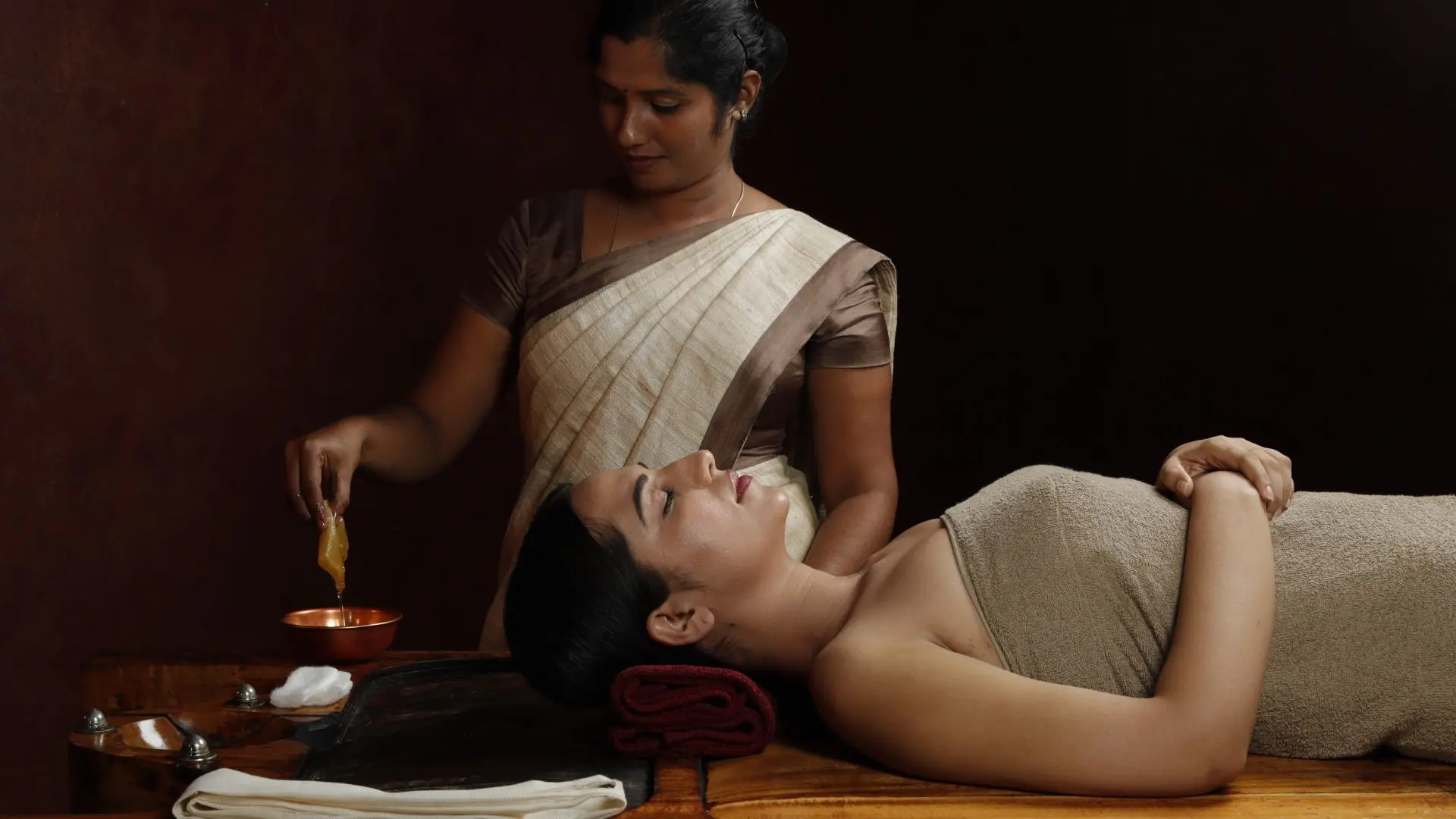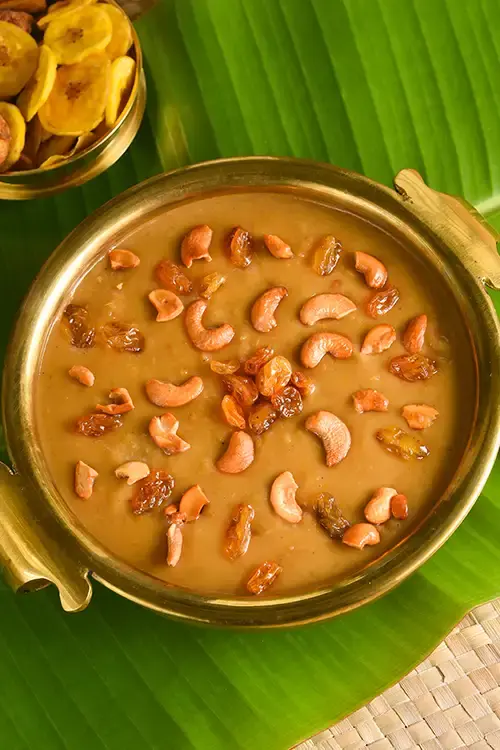FAQ
How is Coir Fibre made?
Coir, also known as Cocos, is a natural fibre derived from the protective husk of coconuts.
The husks, separated from the coconuts, are made to undergo a retting process in lagoons, lasting up to ten months. Following this, the retted husks are manually beaten with wooden mallets to yield the prized golden fibre. Subsequently, this fibre is spun into yarn using traditional spinning wheels known as "ratts," made ready for the stages of dyeing and weaving that bring forth a spectrum of colourful floor coverings.
The coir industry produces a multitude of coir yarn varieties or grades, each possessing specific characteristics tailored for various applications in industries, agriculture and households. The process commences with the husking of mature coconuts after harvest, extracting coir fibres from the husks surrounding the coconut.
In many regions, coir is a by-product of copra production, with the husks often left in fields as mulch or repurposed as fertilizer due to their rich potash content. The coir industry thus contributes to sustainable practices by maximizing the utility of coconut by-products.






